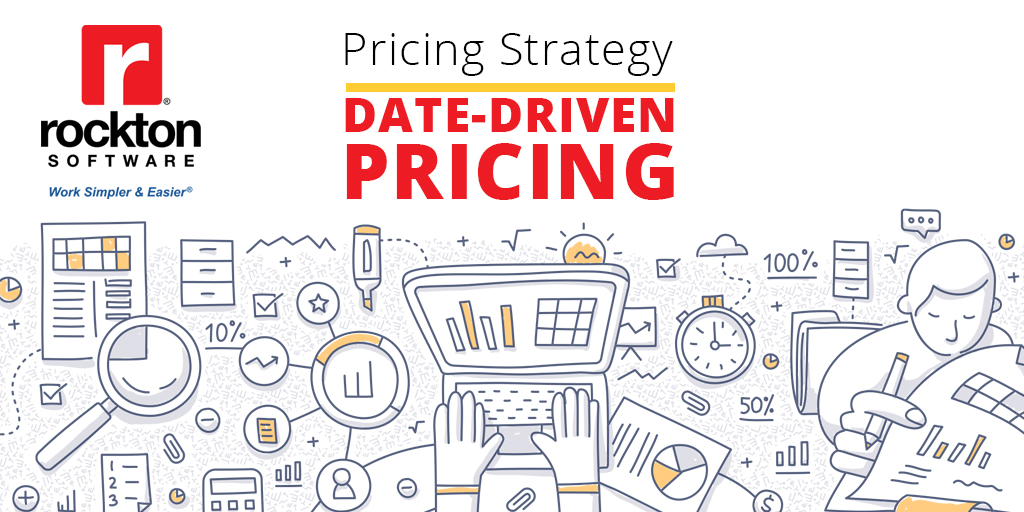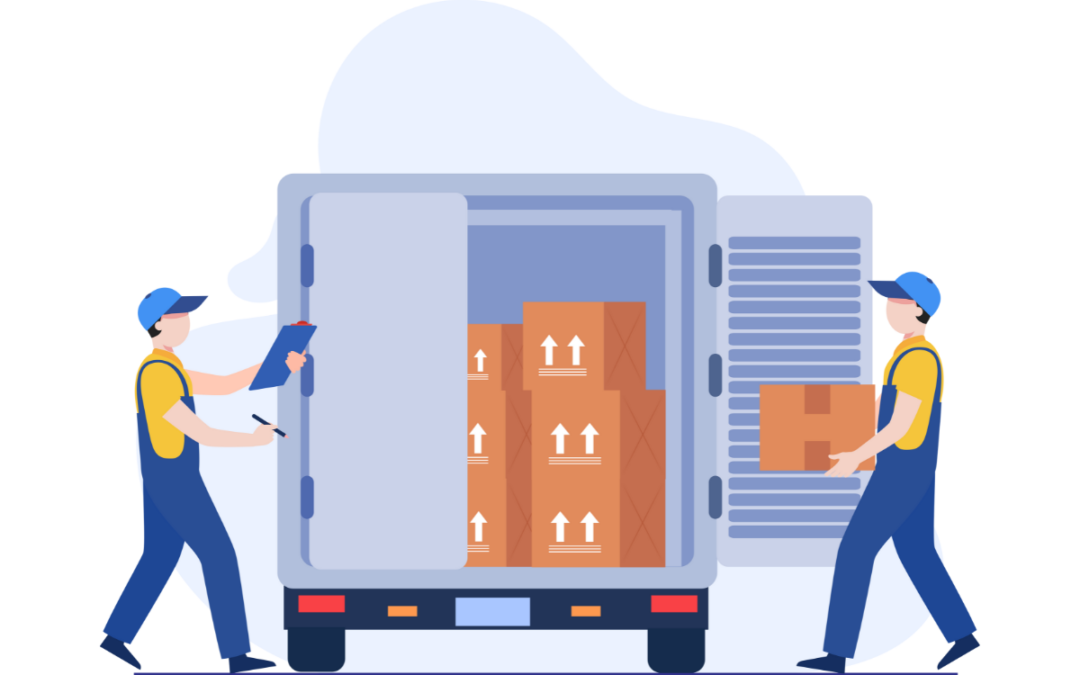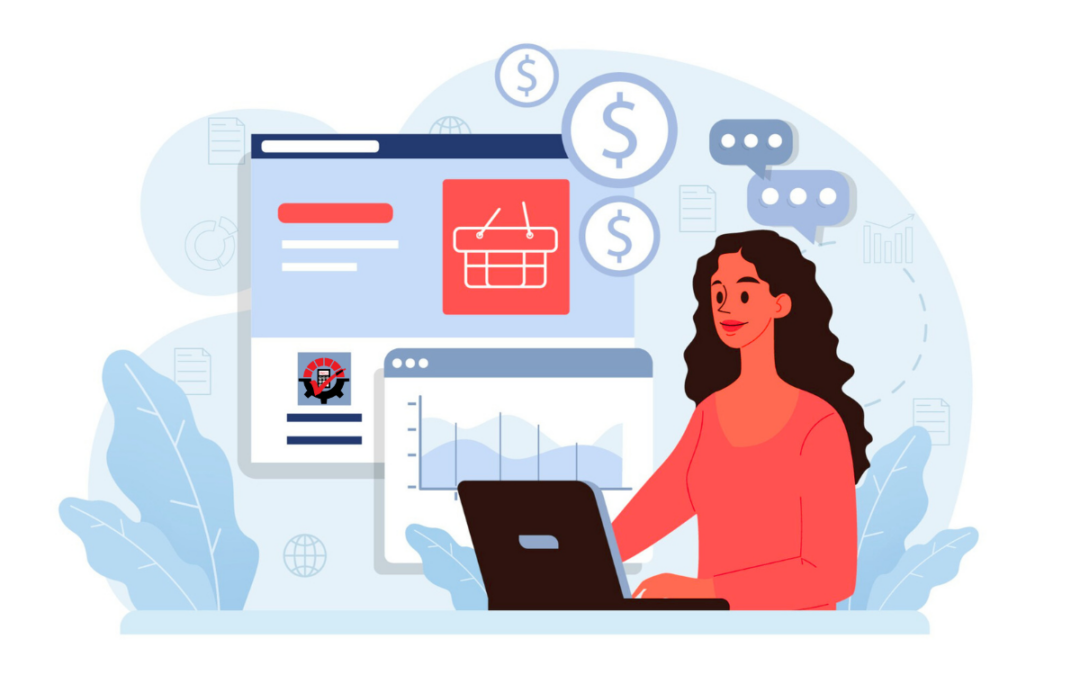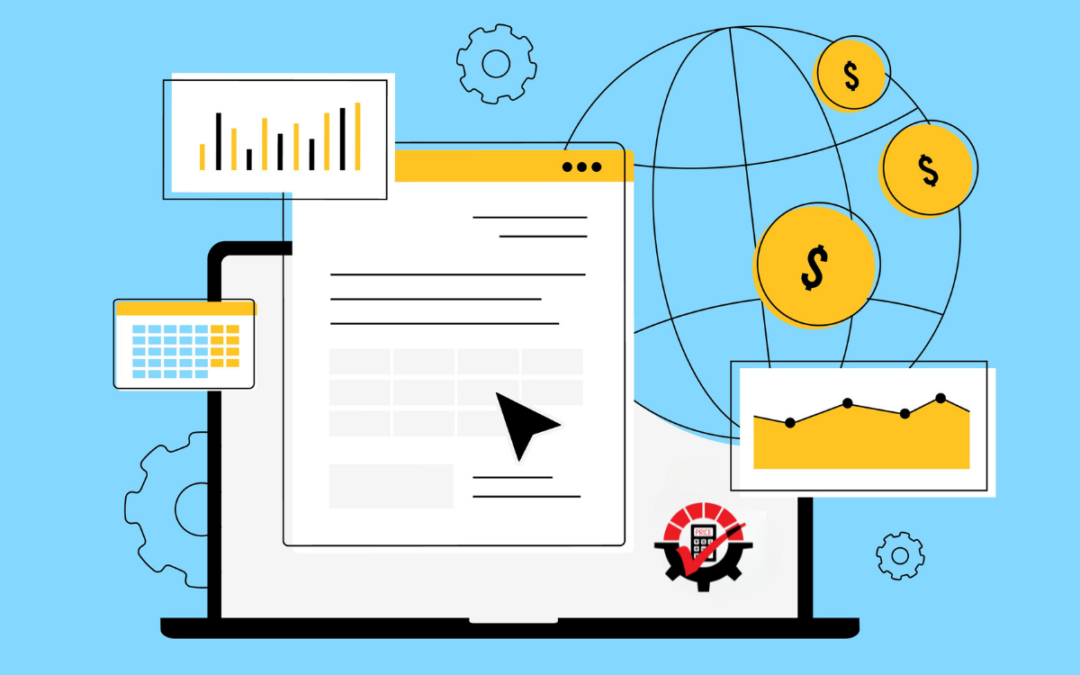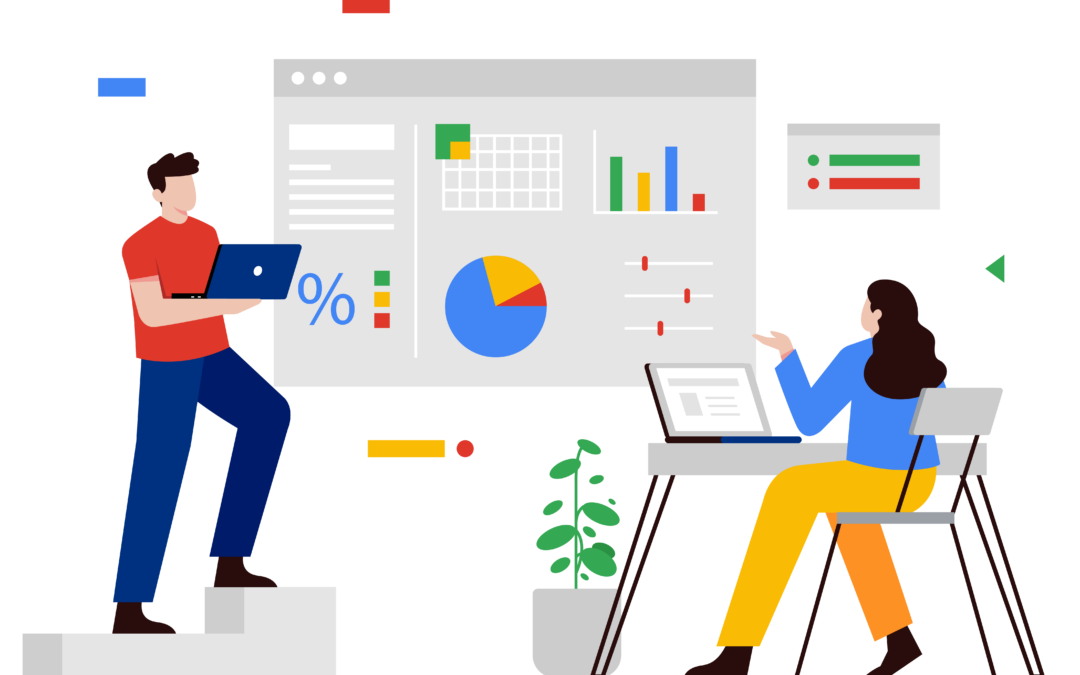Welcome to our price strategies video series. In this series, we are going to take you on a virtual journey and show you the ways to save money, time, and headaches when it comes to managing your pricing strategies.
Our first video was all about rebates, next we talked about dynamic pricing, and now we are going to dive into date-driven pricing.
How often do you change your prices? Pricing changes can happen monthly, bi-annually, annually. Do you have date-driven promos? This pricing strategy is most likely a part of your business because it is inevitable that pricing needs to be updated at some point.
Importance of Date-Driven Pricing
Ready to make some pricing changes and it is time to update your ERP, so what do you do?????
- Maybe it is a time consuming, manual process of uploading spreadsheets and countless hours of updating the old pricing to the new pricing.
- Maybe you have hundreds of customers and hundreds of items and when there is new pricing or you want to do a 30-day promotion there is just no easy way to tell the system of those changes.
- Maybe your IT staff has to be up late the night of the 31st updating the system with the latest pricing changes so the next day it is ready to go.
It is important to have date-driven pricing to keep with up with the changes in your industry, with certain products or customers, and in making a profit.
No pricing changes could lead to no momentum, no growth, and no profit.
Why it is hard in an ERP
Most ERP systems are not always designed to handle your pricing changes based on date.
In typical ERPs, you can at least create price levels and assign them to customers, so they get the needed pricing. When you enter transactions, the price level will usually default and pull the price for them. They can always change it, but it is just a simple way to pull in the price.
Date-driven pricing might be an option in other ERPs but there are limitations.
Maybe you want to offer a specific customer a special price on a group of items for a set amount of time per contract.
OR
When it comes to special sales – such as a holiday promotion that may only last a day or two, a monthly flash sale or even just putting in your next year’s prices in advance.
Many pricing strategies can be a manual, time-consuming process.
Date-Driven Pricing Simplified
What if you never had to worry about pricing by date again? You can even set it up days in advance or months or even years in advance. Rockton Pricing Management (RPM) does all the work in the background (just tell it the date range) and it will pull in the correct price based on that date. This also takes the guesswork out of data entry knowing that you are not providing sale prices once a promotion or sale has expired. RPM will automatically turn off the price once it hits the expiration date.
RPM is the engine and does all the calculations and hard work behind the scenes. Automatically!
Whether you have Dynamics GP, Business Central, or Acumatica; RPM has you covered.
Conclusion
Date-driven pricing is a non-negotiable for any business. It just ends up being a question of whether you want to do it manually or have it automated.
Good price management and strategies can promote your distribution business to the next level. If you are ready to price in a strategic way it is important to have a system in place to handle all types of pricing scenarios.
Lastly, you probably keep a close eye on the competition and adjust your prices accordingly. But whatever changes you want to make, RPM is there for you.

